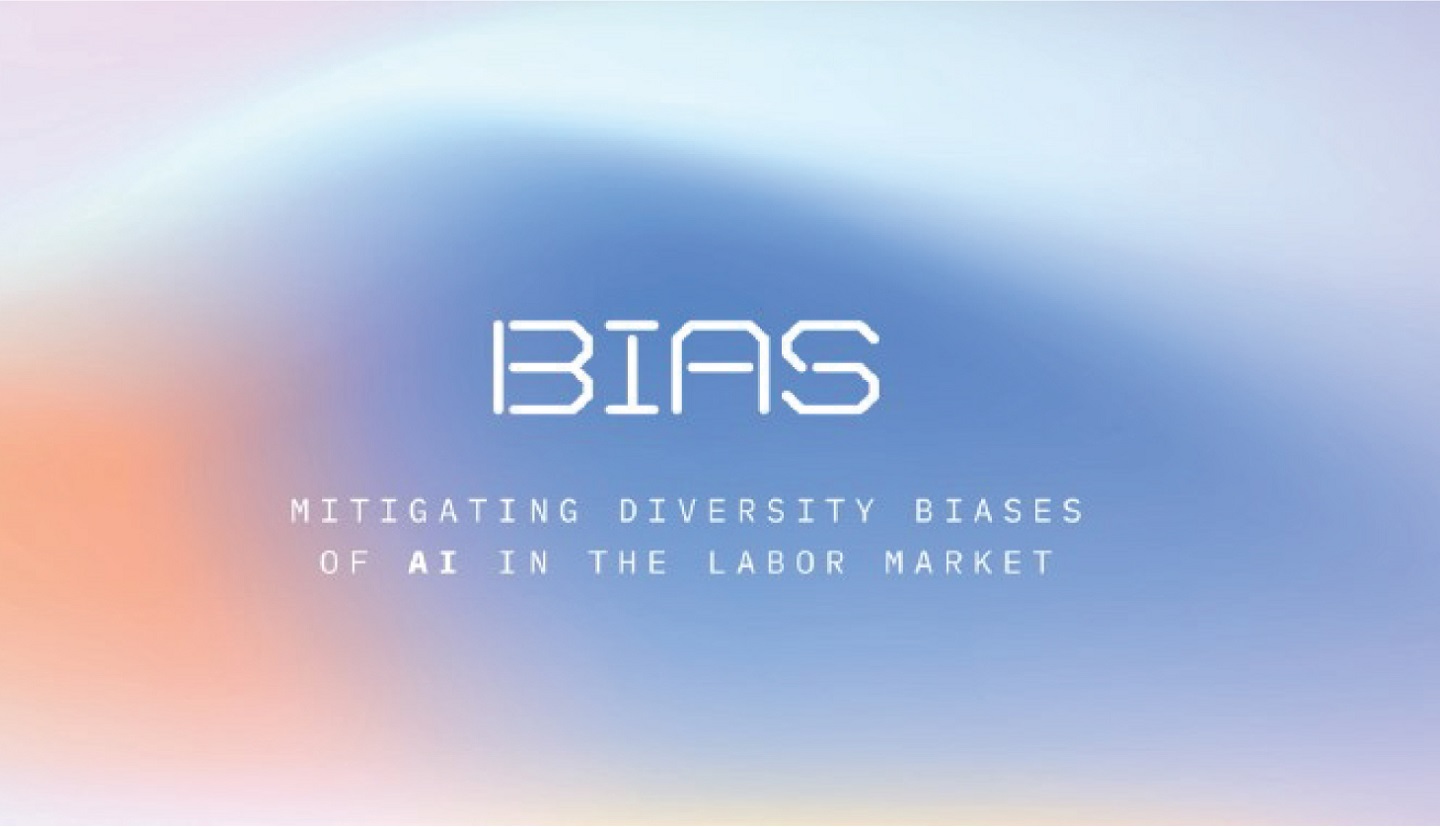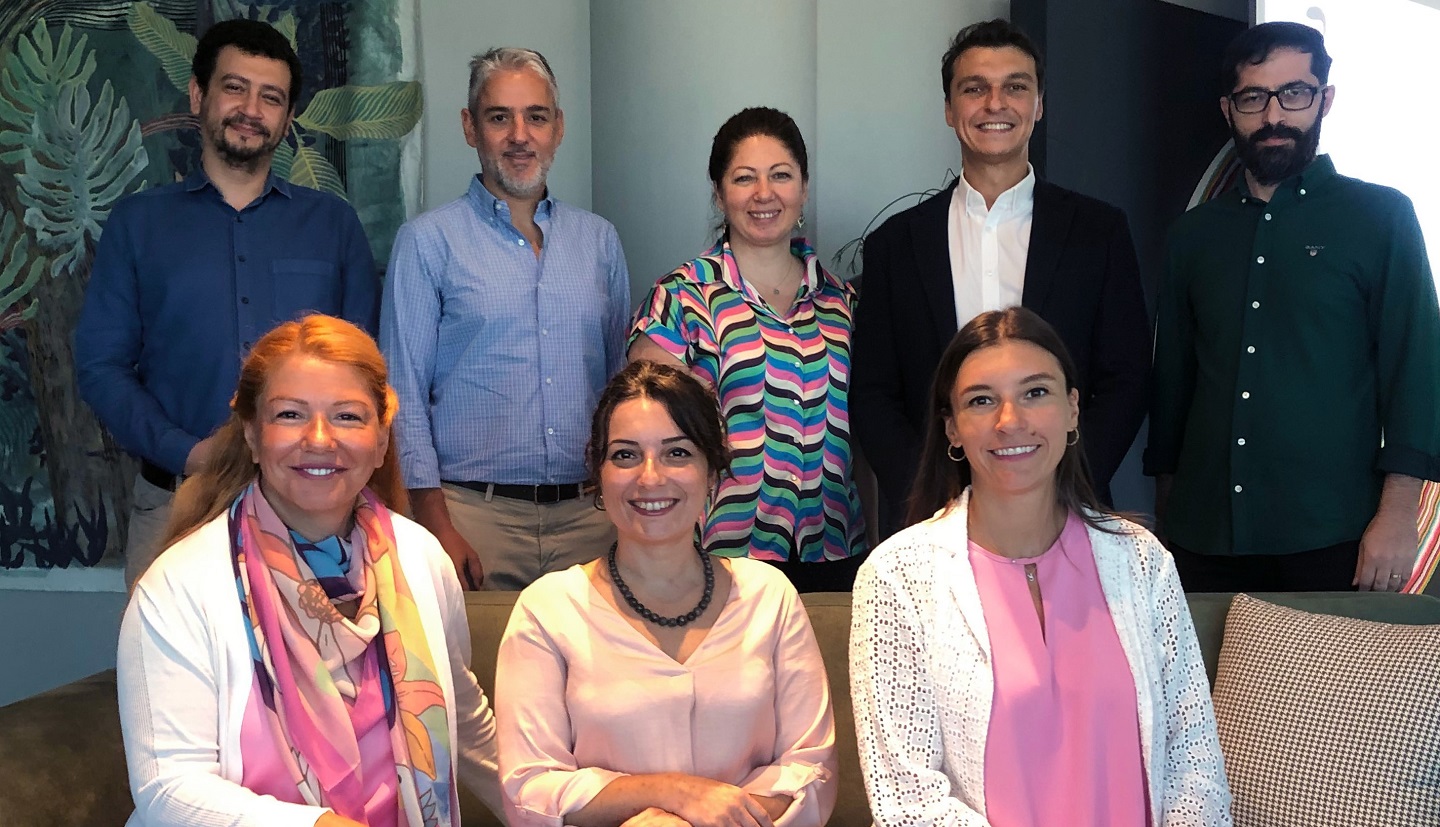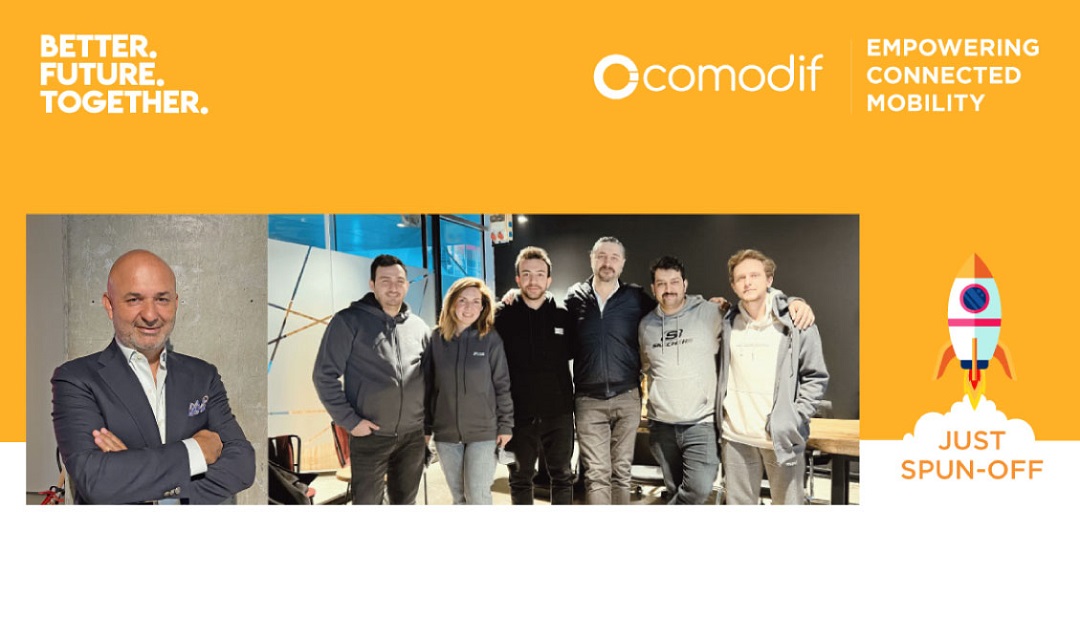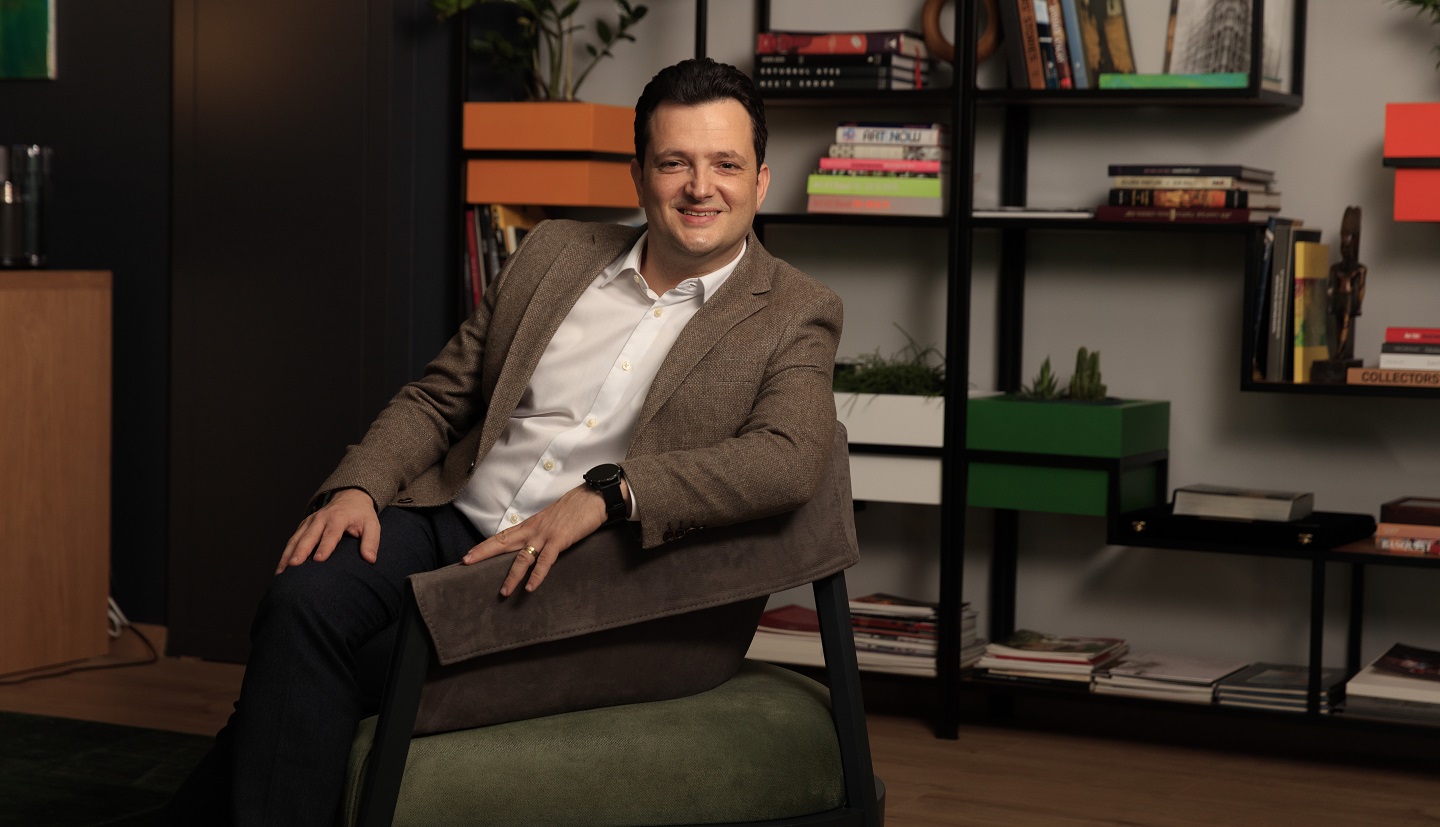
BIAS Project
A unique and magnificent project begins at Farplas: In an interview with our HR and Fundraising & Project teams, we share with you the details of this project, which is funded by € 265K from the European Committee in order to break down prejudices in recruitment processes and improve the use of artificial intelligence.
What does BIAS project stand for?
BIAS means prejudice in English. BIAS has no new meaning within the scope of this project, but the full name of the project is “Mitigating Diversity Biases of AI in the Labor Market” (Reducing prejudices about diversity caused by artificial intelligence in recruitment processes)
What are the details of the BIAS project?
The BIAS project will be carried out with 9 different stakeholders from 9 different countries, with a budget of approximately € 3.5 million. Since it is a project that aims to identify and eliminate prejudices and biases caused by artificial intelligence technologies currently used in recruitment processes, it has been named as BIAS. We can say that artificial intelligence is expected to speed up and facilitate processes. While human-developed algorithms can unconsciously reveal prejudices, artificial intelligence tools can produce accurate and unbiased results as long as they are improved and updated.
Since the deficiencies and misdirections in the analyses made on the current recruitment practices as well as the creation of biases by the existing artificial intelligence applications over time are highly effective in the recruitment processes driven by human factors, ideal profiles and people who can make a difference, unfortunately, can be misjudged in these processes because of the prejudices living in the minds. We hope that the project will help in preventing these losses, evaluating the suitability of the employed personnel well and placing the right people in the right positions in order to build the future.

Why are we engaged in this project?
Especially if you are a company turning into a multinational corporation, it becomes very important to transform the recruitment processes into a system, which requires you to go beyond the methods you have adopted until that time. Because choosing and adapting people from different cultures, different lifestyles and different fields in accordance with the corporate culture may not be carried out with current processes. Moreover, in order to make the right evaluations on people from different societies, people with no prejudices about the society in question should manage the recruitment processes. Only in this way can the candidates be evaluated correctly. More importantly, institutional and individual prejudices created by factors such as language, religion, race, age, gender norms, past experiences, and appearances in the current recruitment processes, unfortunately, constitute an obstacle to the correct evaluation of candidates.

While building our future with the vision of “Better, Future, Together”, it is a critical issue for Farplas to improve our recruitment processes by bringing the concepts of human and competence to the fore. At this point, we’ve contacted researchers working on the subject at the Norwegian University of Science and Technology (NTNU) and wanted to be a part of the project they are working on. As Farplas has a large number of personnel and will turn into a multinational corporation with its overseas expansions, they think that it would be a good field of application, which has made us a suitable partner for the project. At the same time, the enthusiasm of the Human Resources team about the project is another factor strengthening our participation.
Who are the partners of the project?
The consortium of the project consists of 9 partners and is led by the Norwegian University of Science and Technology (Norway). It also acts as the coordinator of the project.
Other partners:
- Farplas (Turkey)
- Bern University of Applied Sciences (Switzerland)
- University of Iceland (Iceland)
- Globaz S.A (Portugal)
- Crowdhelix (Ireland)
- Smart Venice (Italy)
- Leiden University (Netherlands)
- Digiotouch Ou (Estonia)
What is our responsibility in the project?
A ‘Debiaser’ (neutralizing) system will be developed throughout the project in order to identify and eliminate the biased (prejudiced) approach when utilizing technological tools. We as Farplas will share our experiences, notes and data on recruitment processes by maintaining confidentiality throughout the project to develop and validate this debiaser system. As a result of the project, we will try the targeted artificial intelligence decision support system in Farplas recruitment processes.
The only focus of the project is not to develop a technological output/product. We will also organize various workshops and events in order to build capacity among HR personnel, especially recruiters, to increase knowledge sharing within the ecosystem, and highlight the experience and impact of “co-creation” with stakeholders and experts. As Farplas, we will organize similar studies in Turkey within the scope of the project and come together with our Turkish stakeholders.
What will the project flow be like in general terms?
Within the scope of the project, the studies were divided into different work packages. In this context, the studies will generally be carried out as follows:
- Clear identification of current needs and deficiencies
- Collecting and Analysis of the data on HR experts, managers and employees in different fields and countries to provide input to the artificial intelligence system
- Mapping biased artificial intelligence practices on gender norms by conducting ethnographic and social science studies
- Development of artificial intelligence decision support system
- Carrying out activities with artificial intelligence and human resources communities to build capacity and raise awareness
- Conducting preparatory work for the commercialization of the technical outputs of the project
- Carrying out public communication activities about the project
How will this project contribute to Farplas?
The aim of this project is to achieve a result that will make the recruitment processes more effective and efficient. Therefore, it is very important to identify the right candidates in the recruitment processes, evaluate profiles in a more qualified way, increase the quality of the company personnel by minimizing the prejudices of the existing artificial intelligence solutions and human factor.
Considering that people are the most valuable factor of companies, it is very valuable for Farplas and Turkey to create a more qualified work environment by conducting the recruitment processes meticulously and efficiently.
In addition to this, Farplas has participated in Horizon programs mainly on material technologies and digital transformation since 2018, and most of these projects have been carried out by the R&D team. While the BIAS project has given an opportunity for Farplas to take part in an international and multi-partnered project with the focus of human resources for the first time, partnership of a department that is not directly driven by technical studies in such a project proves that innovative developments are evaluated from every aspect at Farplas and that it is trying to develop and implement digital solutions in different areas although it is a production-oriented company.
The project sets a successful example for instilling the idea of innovation and advanced technological developments in all departments apart from R&D and other technical departments. We think it will be a practical example of how the R&D spirit and philosophy can be transferred to every department regardless of the department definition. This will be an invaluable gain for Farplas and Turkey in terms of improving the business environment by implementing new technologies and solutions while developing them.
When will the project start and end?
We will start the project in November 2022, and it will take a total of 4 years.
When will we get the results of the project?
In fact, from the beginning of the whole project, we will obtain many outputs from different angles in the process, but we hope to start implementing the artificial intelligence decision support mechanism, which is the ultimate goal, between 2025 and 2026.
Is there anything you would like to emphasize in particular?
As you know, companies or organizations are structures created, run and managed by people. Therefore, we can say that human is the main skeletal system that forms a structure. The selection of people with the right profiles for the right positions without any prejudices will be one of the most important factors determining the success or failure of these structures. Therefore, we need to constantly update and develop HR processes as more equitable and fair processes. Thus, we can prevent the loss of talented and high-potential people due to prejudices in minds and institutional memories.
At this point, the BIAS project will be a study that will take Farplas one step further with gained outputs and experiences. As a company attaching importance to growth through collaboration, we are very happy to share this knowledge with all our stakeholders. Creating more qualified, human-oriented and fair workspaces and processes will be key for organizations like us that want to build the future together and in an equitable way.





